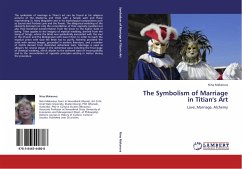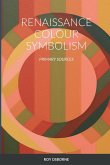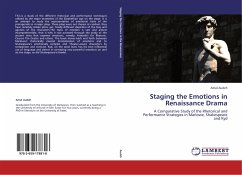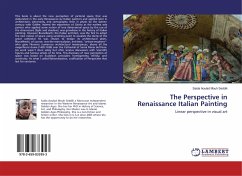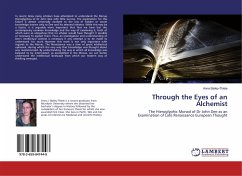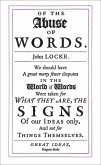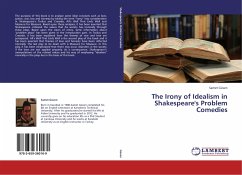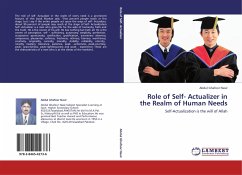The symbolism of marriage in Titian s art can be found in his religious pictures of the Madonna and Child with a female saint and those representing St. Mary Magdalen and in his mythological compositions such as Sacred and Profane Love and the Poesie. The allegorical wedding of the elements denoted not only the reconciliation of their opposite qualities but also their beneficial transformation from the lower to the higher state of being. Titian applies to the imagery of mystical wedding, derived from the Song of Songs, where the Bride was symbolically associated with the soul or the Church and the Bridegroom with Jesus Christ. In order to reach the mystical union with God the Bride has to purify. Alchemy provided the artist with various images, grounded in esoteric literature, and a number of motifs derived from illustrated alchemical texts. Marriage is used as allegory for several stages in the alchemical opus including the final stage of chemical wedding, which alludes to the achieved state of incorruptibility and to the reconciliation of opposite principles existing in matter during the procedure.
Bitte wählen Sie Ihr Anliegen aus.
Rechnungen
Retourenschein anfordern
Bestellstatus
Storno

